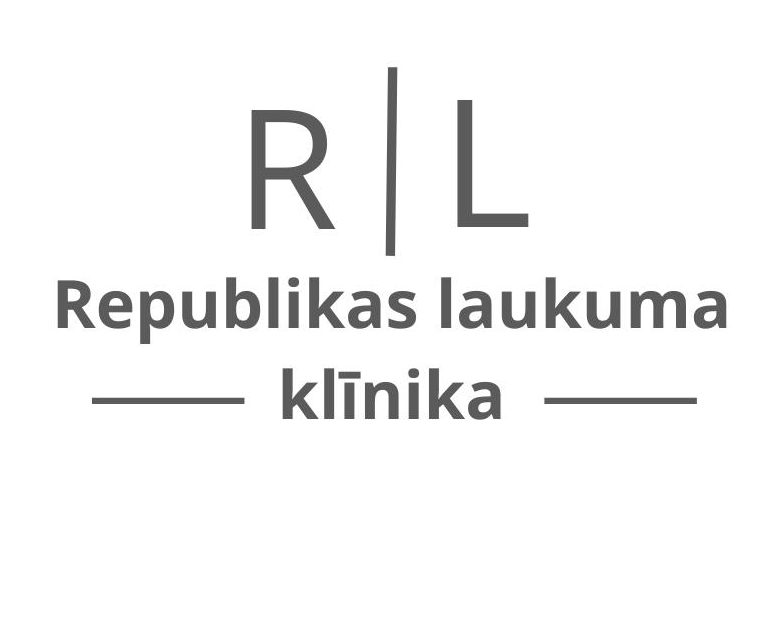Traveling abroad is often associated with new experiences, exploring cultures, and relaxation. However, to avoid unpleasant surprises, it is important to take care of your health in advance. One of the most important preventive measures is vaccination. Travel vaccination is not only individual protection against infectious diseases but also a matter of public health safety. A consultation with a English speaking family doctor before the trip is the first step in evaluating the necessary vaccines and preparing for safe travel.
The importance of vaccination in travel planning
The Center for Disease Prevention and Control in Latvia (SPKC) emphasizes that vaccination is one of the most effective ways to protect yourself from infectious diseases while traveling. Many infectious diseases that are rare or controlled in Latvia are still common in other countries. Therefore, before traveling, it is important to assess the health risks of the destination and receive the necessary vaccinations in time.
A general practitioner is the main specialist to consult for vaccination information. A family doctor’s consultation helps to review the vaccination schedule, check the vaccination passport, and determine whether additional vaccines are needed depending on the travel destination.
Most commonly recommended vaccines for travelers
The need for vaccination depends on the destination, duration of travel, traveler’s age, and health condition. Internationally recognized organizations, such as the World Health Organization (WHO) and the European Centre for Disease Prevention and Control (ECDC), provide recommendations for travelers’ vaccinations.
The most commonly recommended vaccines for travelers include:
- Yellow fever vaccine – mandatory in some African and South American countries. Without a vaccination certificate, travelers may be denied entry.
- Hepatitis A and B vaccine – recommended when traveling to countries with low hygiene standards or where contact with infected fluids is possible.
- Typhoid vaccine – recommended for travel to regions with poor water quality and food hygiene.
- Measles, mumps, and rubella vaccine (MMR) – especially important if contact is possible with people from countries where these diseases are still common.
- Polio vaccine – necessary when traveling to countries where polio is still a risk.
- Influenza vaccine – recommended for all travelers, especially during flu season and in places with large crowds.
- Covid-19 vaccine – still relevant, especially when traveling to countries with strict entry requirements.
Vaccination planning and timing
Vaccination should not be postponed until the last minute. Some vaccines require several doses at specific intervals to provide full protection. For example, the hepatitis B vaccine is administered in three doses over several months. Therefore, it is advisable to schedule a family doctor’s consultation at least 4–6 weeks before traveling.
The general practitioner in Riga will help determine which vaccines have already been received, which need to be supplemented, and which should be administered according to the destination’s requirements. This is especially important for children, pregnant women, and people with chronic diseases.
Vaccination for children and special groups
When traveling with children, it is essential to ensure they have received all vaccines according to the vaccination schedule. SPKC emphasizes that infants and young children are particularly susceptible to infectious diseases such as whooping cough, measles, and polio. Pregnant women are recommended to receive the whooping cough vaccine, which also protects the baby until the age when vaccination becomes possible.
For people with chronic conditions such as diabetes, heart disease, or immune system disorders, vaccination is especially important. English speaking general practitioner’s consultation will help determine which vaccines are safe and necessary in each case.
Vaccination documentation and travel safety
Before traveling, it is important to prepare all necessary documents, including vaccination certificates. The yellow fever vaccination certificate is mandatory in some countries, and without it, travelers may be detained or refused entry.
It is also advisable to bring a vaccination passport with all received vaccines. If health issues arise during the trip, this information may be essential for doctors abroad.
In addition to vaccination, travelers are advised to follow hygiene rules, consume safe food and water, and avoid contact with animals that may transmit infections.
Travel vaccination is an essential step to ensure safe and healthy travel. A family doctor’s in Riga consultation before departure helps evaluate necessary vaccines, prepare documents, and protect against infectious diseases. Vaccines are an effective preventive measure that not only protects the traveler but also helps prevent disease spread in society.
Planning a trip should always include health considerations. Timely vaccination can be crucial for a smooth journey. A family doctor is a reliable partner in this process, providing professional advice and helping prepare for safe travel.
To make the journey pleasant and safe, vaccination is an investment that pays off in the long run. Traveling with peace of mind and confidence in your health is possible if all necessary preventive measures are taken in advance.


